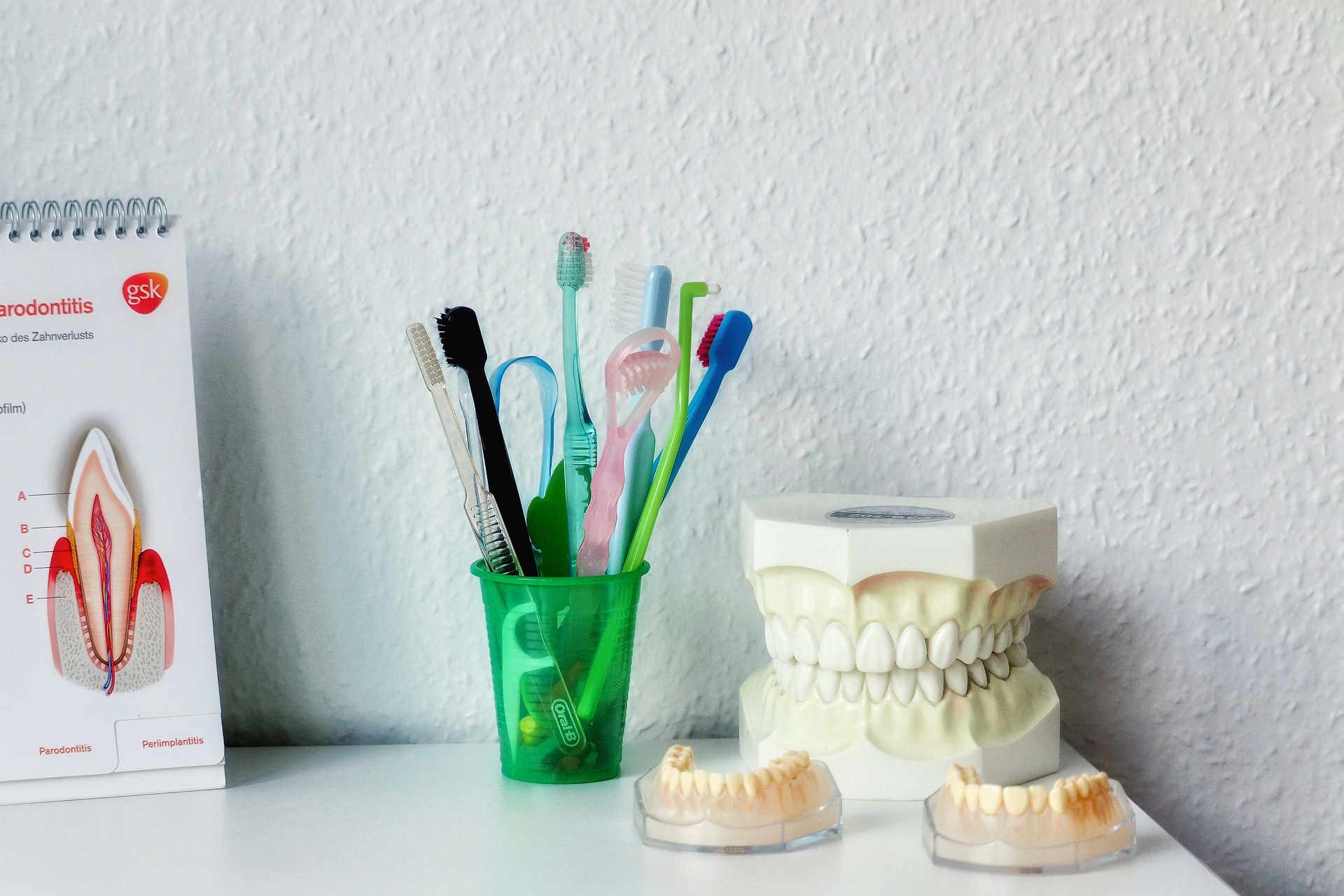Understanding Tonsil Stones: A Comprehensive Guide for Seniors
Tonsil stones, or tonsilloliths, are small, hardened deposits that form in the crevices of the tonsils. They may cause bad breath, throat discomfort, or difficulty swallowing. While often harmless, they can be removed or managed through hygiene and medical care.
What Are Tonsil Stones and Why Do They Form?
Tonsil stones develop when debris like dead cells, mucus, food particles, and bacteria get trapped in the small crevices (crypts) of the tonsils. Over time, this trapped material calcifies, forming hard, white or yellowish deposits. Several factors increase the likelihood of developing tonsilloliths, particularly relevant to seniors:
-
Poor oral hygiene, which becomes more challenging with reduced dexterity or cognitive issues
-
Chronic sinus problems, common among older adults
-
Post-nasal drip conditions
-
Chronic tonsillitis or inflammation
-
Larger than normal tonsillar crypts, which may develop with age
For seniors who experienced frequent tonsil infections earlier in life, the resulting scarring can create deeper crypts where material more easily accumulates, increasing susceptibility to tonsil stones.
Common Symptoms of Tonsilloliths in Older Adults
Tonsil stones often present differently in seniors compared to younger populations. While some seniors may experience no symptoms at all, others might notice:
-
Persistent bad breath (halitosis) that doesn’t respond to regular oral care
-
Sore throat or difficulty swallowing, which may be mistaken for other age-related issues
-
Ear pain, as the tonsils share nerve pathways with the ears
-
A feeling of something being stuck in the throat
-
Visible white or yellowish spots on the tonsils
-
Swollen tonsils, though this is less common in older adults
For seniors with diminished sensory perception or those taking medications that cause dry mouth, tonsil stones may go unnoticed until they become larger or cause significant discomfort. Additionally, seniors with dentures or partial dentures may experience increased food trapping around the tonsil area, potentially exacerbating stone formation.
Diagnosing Tonsil Stones in Senior Patients
Proper diagnosis of tonsilloliths in seniors requires careful consideration of other health conditions and medications that might present similar symptoms. Diagnosis typically involves:
-
Visual examination of the throat and tonsils
-
Medical history review to identify risk factors or patterns
-
Sometimes, imaging tests like CT scans or panoramic X-rays for detecting larger stones
For seniors, healthcare providers should be particularly attentive to distinguishing tonsil stones from other conditions common in older adults, such as oral thrush, which can present with white patches in the throat. Additionally, difficulty swallowing that might be attributed to tonsil stones could also indicate other serious conditions requiring different interventions. This makes accurate diagnosis especially important in the senior population.
Treatment Options Tailored for Older Adults
Treatment approaches for tonsil stones must consider the unique health circumstances of seniors, including reduced immune function and potential comorbidities. Options include:
Conservative home remedies:
-
Gargling with warm salt water to loosen stones
-
Gentle removal using a soft toothbrush, cotton swab, or water flosser on the lowest setting
-
Proper oral hygiene, including brushing the tongue and using alcohol-free mouthwash
Medical interventions:
-
Professional removal by an ENT specialist
-
Laser tonsil cryptolysis to smooth out the crypts (for recurring cases)
-
Coblation cryptolysis, which reshapes tonsil tissue using lower temperatures
-
Tonsillectomy as a last resort, though this is less commonly recommended for seniors due to increased surgical risks
For seniors with tremors, arthritis, or visual impairments, self-removal may be challenging and potentially risky. In these cases, seeking professional assistance is advisable, even for seemingly minor cases.
Prevention Strategies for Seniors
Prevention remains the most effective approach to managing tonsil stones, particularly for older adults. Effective strategies include:
-
Maintaining diligent oral hygiene, including regular dental check-ups
-
Staying adequately hydrated to prevent dry mouth, which can worsen stone formation
-
Using a water flosser or oral irrigator to clean the tonsil area
-
Addressing chronic sinus issues or post-nasal drip promptly
-
Considering probiotics to help maintain a healthy bacterial balance in the mouth and throat
-
Regular gargling with non-alcoholic antimicrobial mouthwash or salt water
-
Quitting smoking, which can contribute to tonsil inflammation and stone formation
For seniors taking medications that cause dry mouth, discussing alternatives or management strategies with healthcare providers can also help reduce tonsil stone formation.
When Seniors Should Seek Medical Attention
While many tonsil stones can be managed at home, certain circumstances warrant professional medical intervention. Seniors should consult healthcare providers if:
-
Tonsil stones are recurrent or particularly large
-
They experience significant difficulty swallowing
-
Pain becomes severe or persistent
-
They notice blood in saliva after attempting to remove stones
-
Stones are accompanied by fever or severe tonsil inflammation
-
They develop unmanageable bad breath despite good oral hygiene
-
They experience unexplained weight loss or fatigue alongside tonsil issues
For seniors with compromised immune systems or conditions like diabetes, even minor tonsil stone symptoms should prompt a medical consultation to prevent potential complications.
This article is for informational purposes only and should not be considered medical advice. Please consult a qualified healthcare professional for personalized guidance and treatment.





